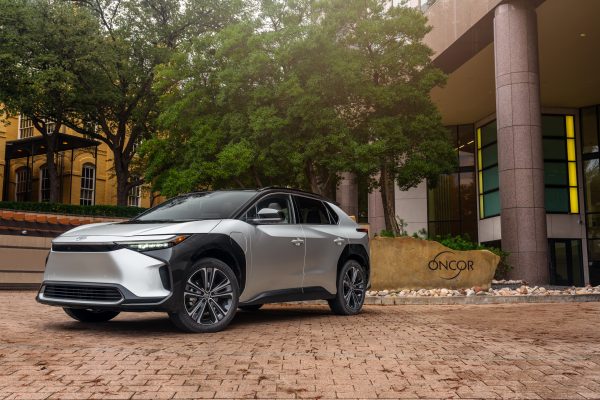
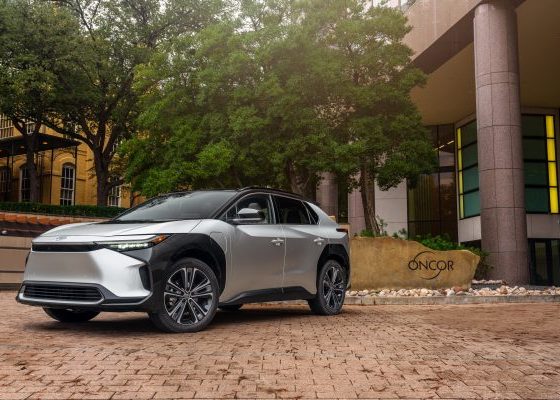
News
Toyota laments emerging “anti-EV” moniker: “We are just being real”
Toyota has become a far different company than the carmaker that hired Tesla to supply batteries for its all-electric RAV4 in 2012. Over the past years, Toyota has shared its doubts about a full transition to all-electric vehicles. The company has also been accused of lobbying against pro-EV legislation. Toyota Australia’s VP of Sales and Marketing Sean Hanley, however, has argued that the Japanese automaker is not an anti-electric vehicle at all.
Toyota has maintained that it is following a multi-pathway strategy that involves releasing battery electric vehicles, hybrids, plug-in hybrids, and hydrogen fuel cell vehicles alongside conventional combustion-powered cars. This is despite other automakers fully committing to an all-electric future. In a comment to CarsGuide Australia, Hanley noted that Toyota wants to be part of the EV transition.
“I’m excited because it sends a clear message that you know what? Toyota’s not anti-EV. We’re actually not. And we want to play in that market. We want to be part of it. We’re excited by it. We just don’t see it as the golden bullet or the single golden bullet towards carbon neutrality. The multi-pathway is still our strategy, but we’re excited to be coming into the BEV market. We know it plays a role,” the executive said.
Toyota Australia has argued that until a hybrid, plug-in hybrid, or battery electric car could provide the capability of a diesel-powered ute or 4WD, the company has a responsibility to supply the market with vehicles that correspond to consumer demand. Toyota also pointed to its 2023 sales results in Australia, which showed that the top three vehicles from the company are all diesel-powered utes with a combined 155,000 sales.
“The market determines reality, not car companies. It sends a powerful message that Australian consumers want the capability. The job of the manufacturers is to bring that capability with a reduced carbon footprint. It’s incumbent on manufacturers to bring a vehicle with capability that can deliver and that will be desirable. That’s our job.
“And you know what? We have a social and community responsibility to do that. And that’s why we talk about Fuel Emission Standards and multi pathway. Some interpret it as Toyota being anti-BEV. No, we’re not. We are just being real. We’re being honest with the market and the position,” Hanley noted.
The Toyota executive’s comments about the market determining reality are quite interesting. After all, the Tesla Model Y, a premium all-electric crossover, became the world’s best-selling car by volume in 2023.
Don’t hesitate to contact us with news tips. Just send a message to simon@teslarati.com to give us a heads up.

News
Tesla is shifting FSD to a subscription-only model, confirms Elon Musk
Tesla CEO Elon Musk confirmed the upcoming update in a post on social media platform X.
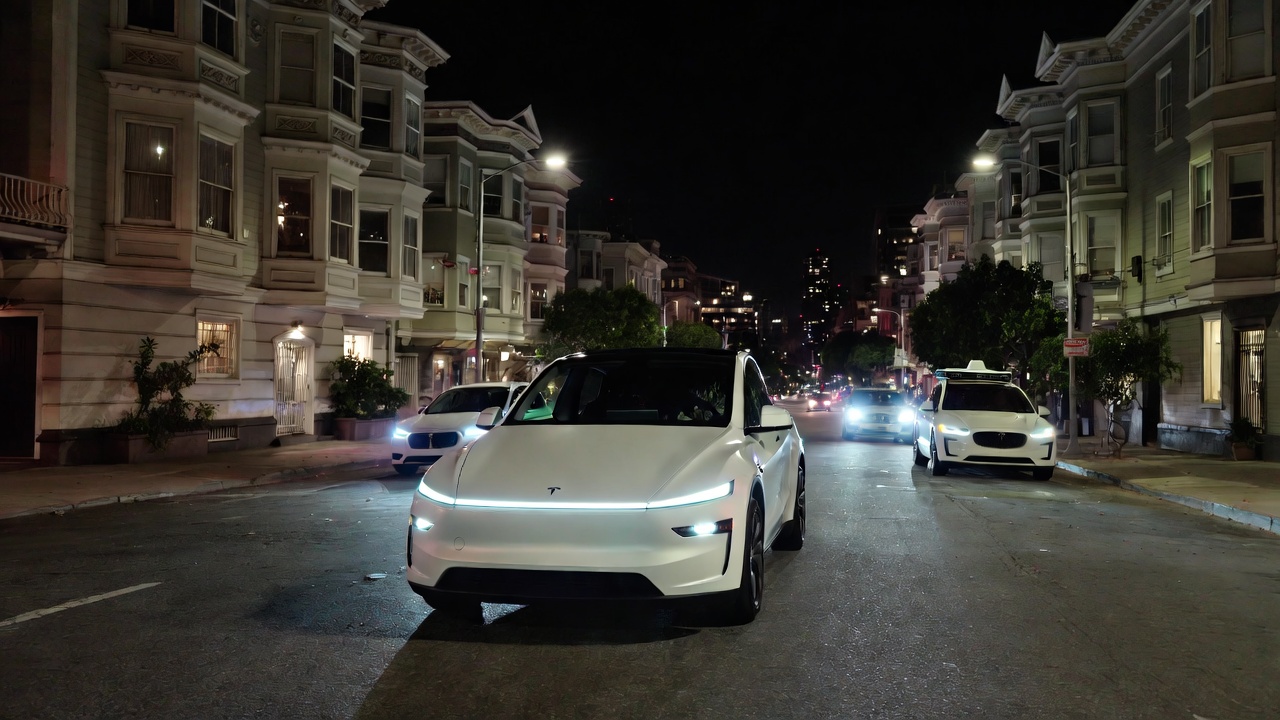
Tesla will be ending one-time purchases of its Full Self-Driving (FSD) system after Valentine’s Day, transitioning the feature to a monthly subscription-only model.
Tesla CEO Elon Musk confirmed the upcoming update in a post on social media platform X.
No more FSD one-time purchases
As per Elon Musk in his post on X, “Tesla will stop selling FSD after Feb 14. FSD will only be available as a monthly subscription thereafter.” This marks a shift in how Tesla monetizes its FSD system, which can now be purchased for a one-time fee or accessed through a monthly subscription.
FSD’s subscription model has been $99 per month in the United States, while its one-time purchase option is currently priced at $8,000. FSD’s one-time purchase price has swung wildly in recent years, reaching $15,000 in September 2022. At the time, FSD was proficient, but its performance was not on par with v14. This made its $15,000 upfront price a hard sell for consumers.
Tesla’s move to a subscription-only model could then streamline how the company sells FSD. It also lowers the entry price for the system, as even price-conscious drivers would likely be able to justify FSD’s $99 monthly subscription cost during periods when long-distance travel is prevalent, like the holidays.
Musk’s compensation plan and FSD subscription targets
Tesla’s shift to a subscription-only FSD model comes amidst Musk’s 2025 CEO Performance Award, which was approved by Tesla shareholders at the 2025 Annual Shareholders Meeting with roughly 75% support. Under the long-term compensation plan, Musk must achieve a series of ambitious operational milestones, including 10 million active FSD subscriptions, over the next decade for his stock awards to vest.
The 2025 CEO Performance Award’s structure ties Musk’s potential compensation to Tesla’s aggressive targets that span market capitalization, vehicle deliveries, robotics, and software adoption. Apart from his 10-million active FSD subscription target, Musk’s compensation is also tied to Tesla producing 20 million vehicles cumulatively, delivering 1 million Tesla bots, and having 1 million Robotaxis in operation. He must also lead Tesla to a market cap of $8.5 trillion.
If successful, Elon Musk’s 2025 CEO Performance Award could make him the world’s first trillionaire. It could also help Tesla become the world’s most valuable company by market cap by a notable margin.
News
Tesla plans for new 300+ stall Supercharger with a special surprise for Semi
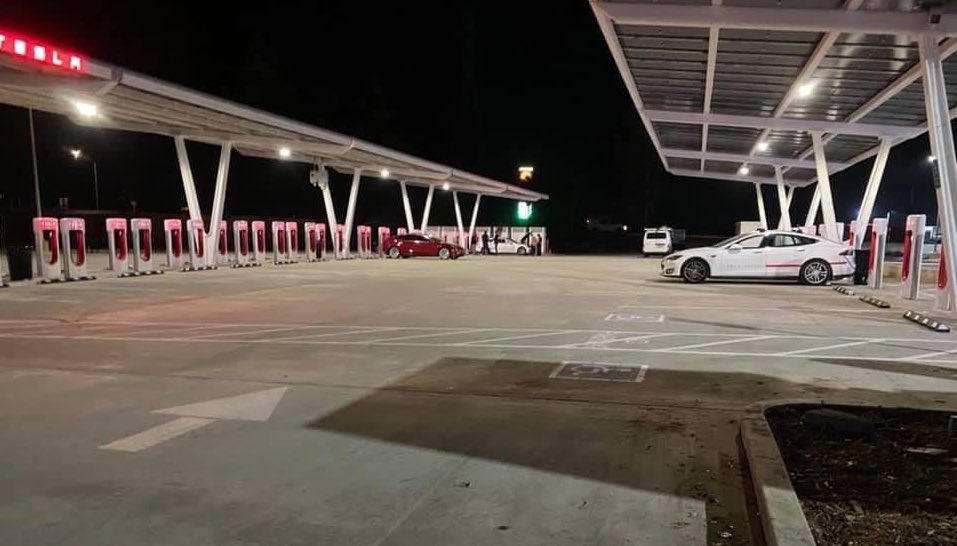
Tesla is planning for a new 300+ stall Supercharger station that will be an expansion of an existing facility, and the company is planning to add a surprise for the Semi.
The Firebaugh, California Supercharger is currently 72 Superchargers, but Tesla filed for an expansion that will add 232 additional plugs for passenger vehicles, and it also plans to add 16 Semichargers.
This will be the biggest Supercharger station Tesla will have to date, just months after it finished the Supercharger Oasis in Lost Hills, California, which has 168 stalls. This will have 304 total Supercharger stalls, and then the additional 16 Megachargers.
🚨 This Supercharger station will have 304 total stalls and 16 Semichargers following this expansion
Absolutely INSANE size 🔥
This is located on I-5, so many semis will be traveling along this route https://t.co/hM9hdLcWwg
— TESLARATI (@Teslarati) January 13, 2026
The Firebaugh Supercharger is located on I-5, which is a major reason for why Tesla has chosen the location for additional Megacharger plug-ins, as Tesla Semi Program Manager Dan Priestley said on X earlier today.
Lots of trucks to electrify on I-5
— Dan Priestley (@danWpriestley) January 13, 2026
The project was revealed by MarcoRP, a Supercharger tracker.
The expansion is a massive signal for charging demand, especially as Tesla’s Superchargers are opened to numerous automakers and are no longer exclusive to the company’s EVs. Additionally, the installation of Megachargers is a good sign to come for the Tesla Semi program, which aims to truly ramp up this year.
Tesla plans to launch production of the Semi later this year.
It could also mean Tesla is going to expand its footprint of large-scale Supercharger projects in the coming years, which would be a big boost as EV adoption continues to soar in the United States.
News
Tesla makes two big interior changes to several Model Y vehicles
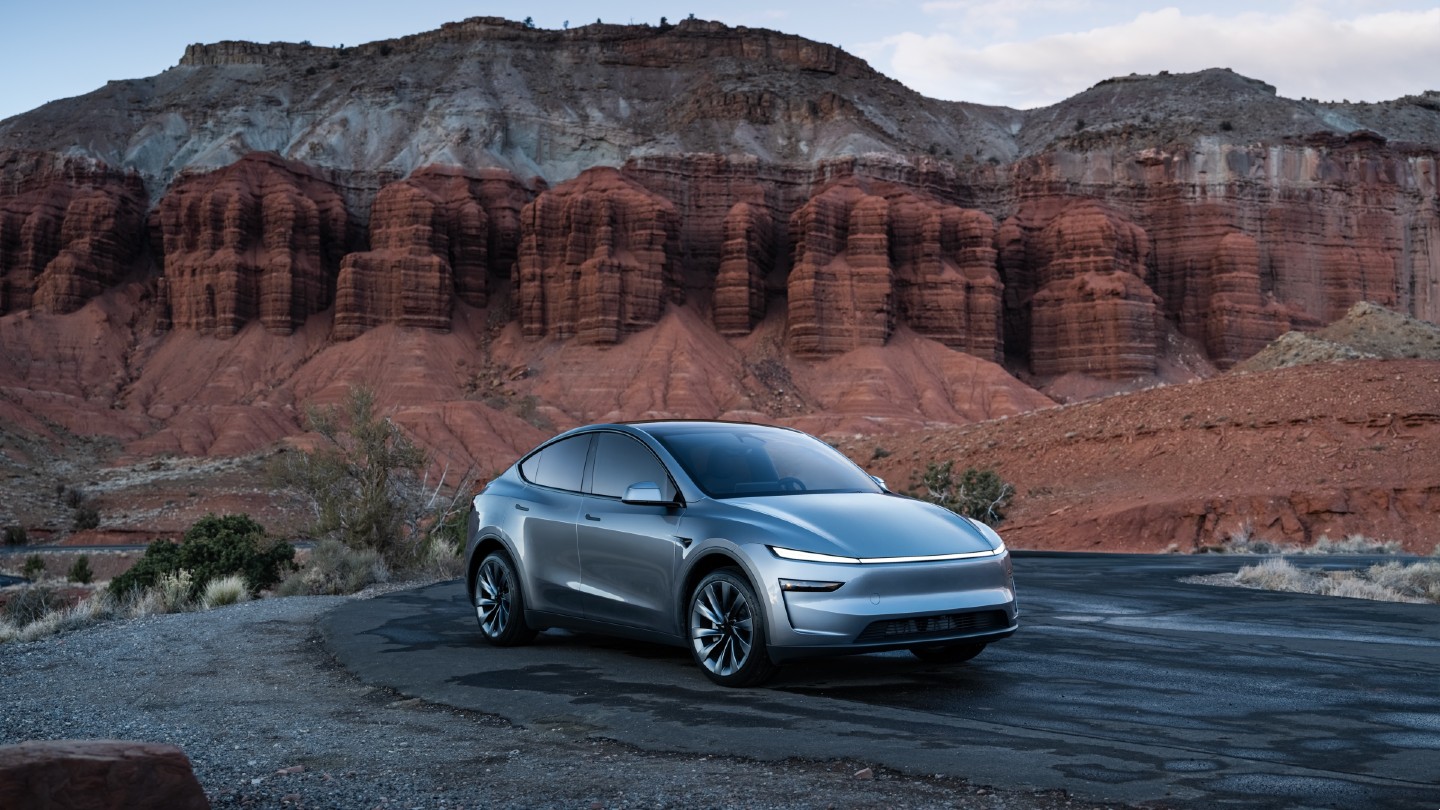
Tesla has made two big interior changes to several Model Y vehicles in its lineup, and the changes come just as the new model year begins production.
Last year, Tesla launched the Model Y Standard, which separated the previous models into the “Premium” category. The Standard vehicles lack several features, including more premium interior materials, acoustic-lined glass, and storage.
@teslarati There are some BIG differences between the Tesla Model Y Standard and Tesla Model Y Premium #tesla #teslamodely ♬ Sia – Xeptemper
The Model Y “Premium” trims are now getting several new upgrades, which come after the company launched a seven-seat configuration of the vehicle last night in the North American market for an upcharge of $2,500.
The new Model Y seven-seat configuration did not come with just an additional row of seating; it also came with a slew of other goodies that now come standard and were previously only available on the Model Y Performance, which was launched late last year.
All Black Headliner
The new Tesla Model Y Premium trims will now come standard with a black headliner, something that many owners have been requesting for some time.
The previous grey headliner and trim within the vehicle is now gone; it will be all black on all of the Premium trims from here on out, a welcome change:
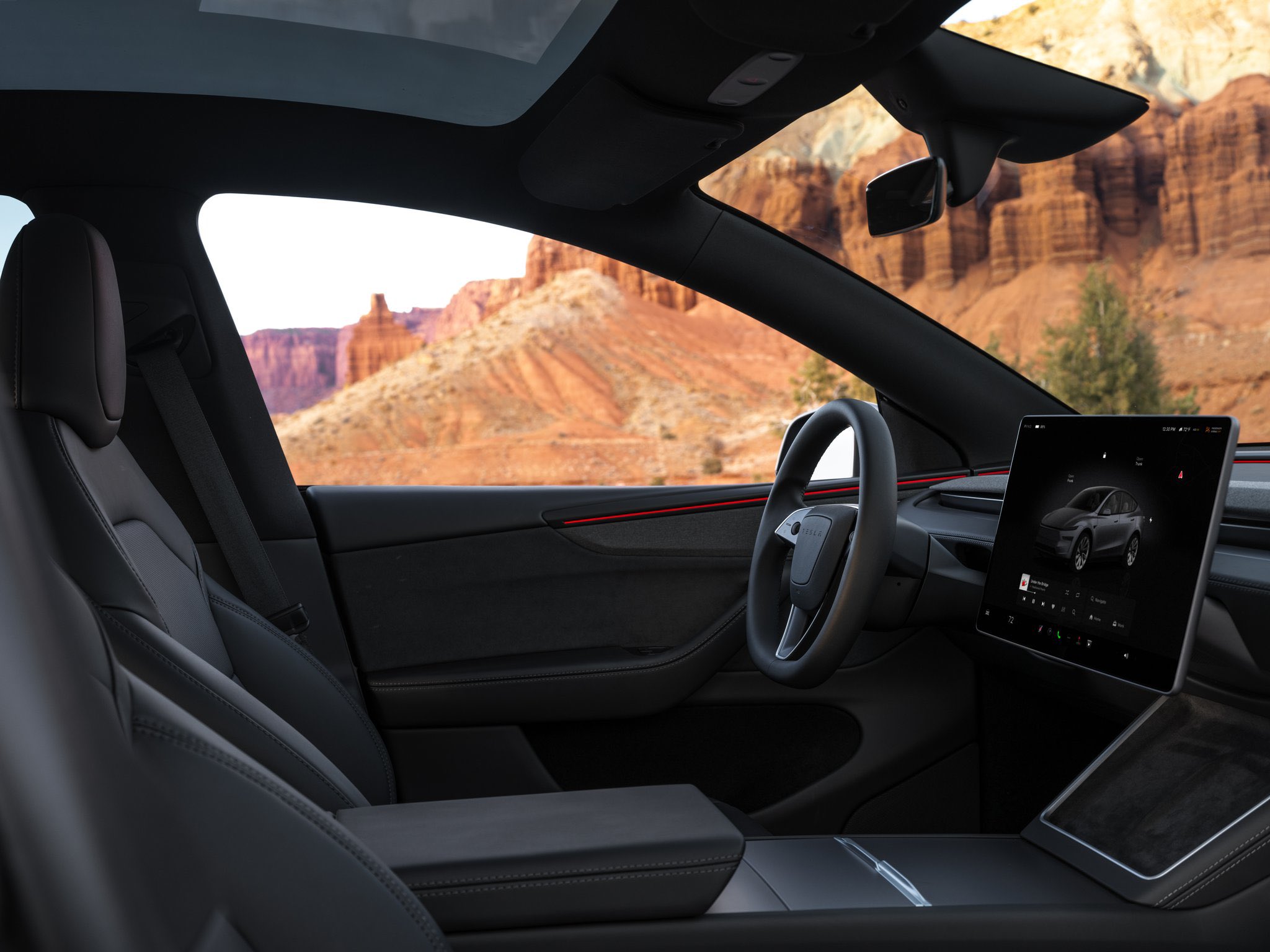
Credit: Tesla
Larger and Higher Resolution Center Touchscreen
The center touchscreen in the new Model Y Premium configuration is now larger and has a higher resolution than the previous version.
In last year’s Model Y configurations (apart from the Performance), the center touchscreen was 15.4″. Now, Tesla has decided to go with the 16″ version across all Premium trims, which is a nice step up. It was nice to see this in the Performance, but it is really great to see Tesla include this in the Model Y’s more Premium trim levels.
Tesla Model Y Seven Seater
Tesla launched the latest iteration of the seven-seater for the Model Y on Monday night. Traditionally, the Model Y seats five passengers in total, but there were calls for a more spacious version several years ago.
Tesla released it, but it was extremely tight in the back, basically reserving those back seats for only small people or children.
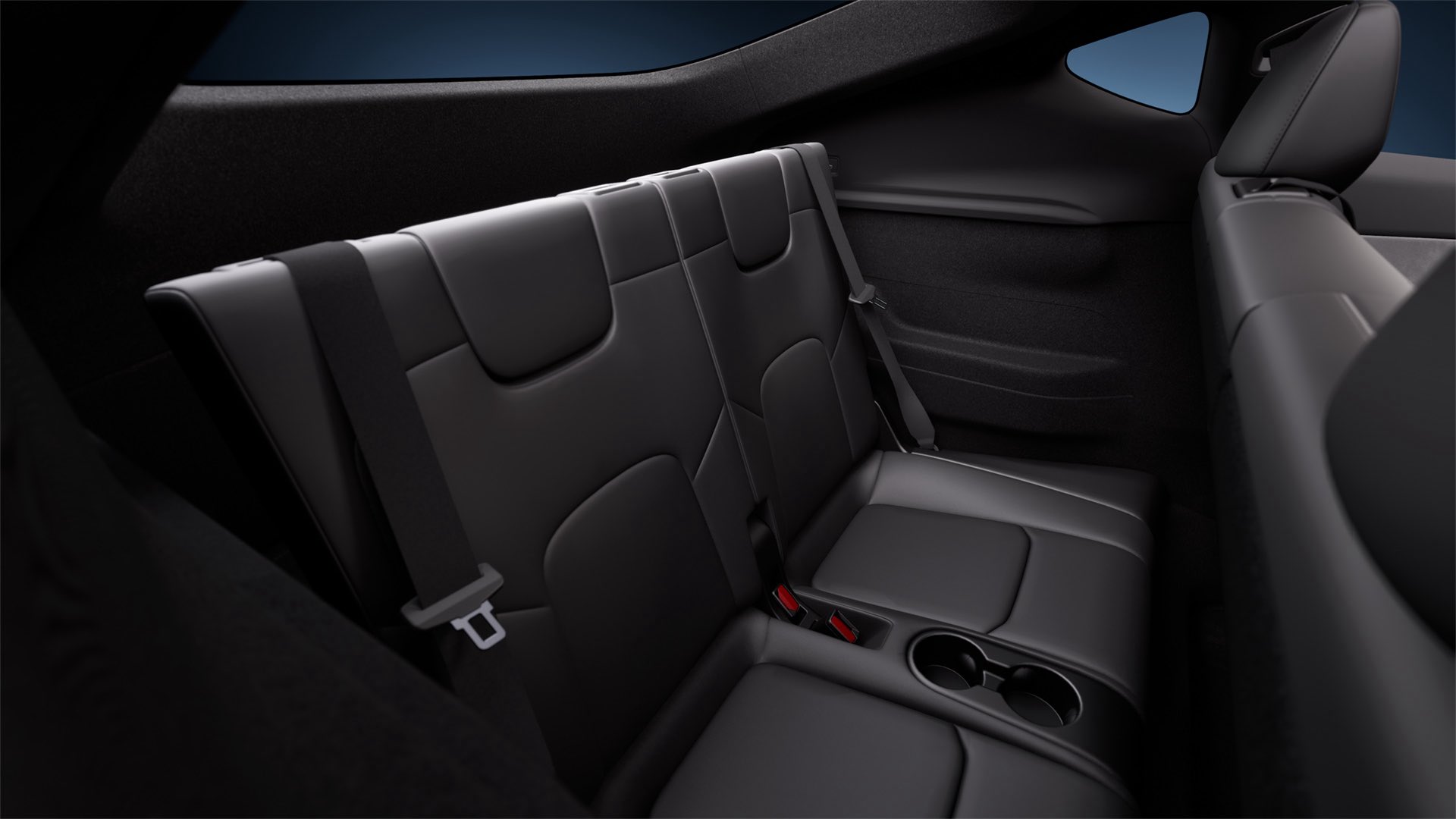
Credit: Tesla
The new configuration looks to be slightly more spacious in the third row, but not as much space as most would require or want. Instead,








